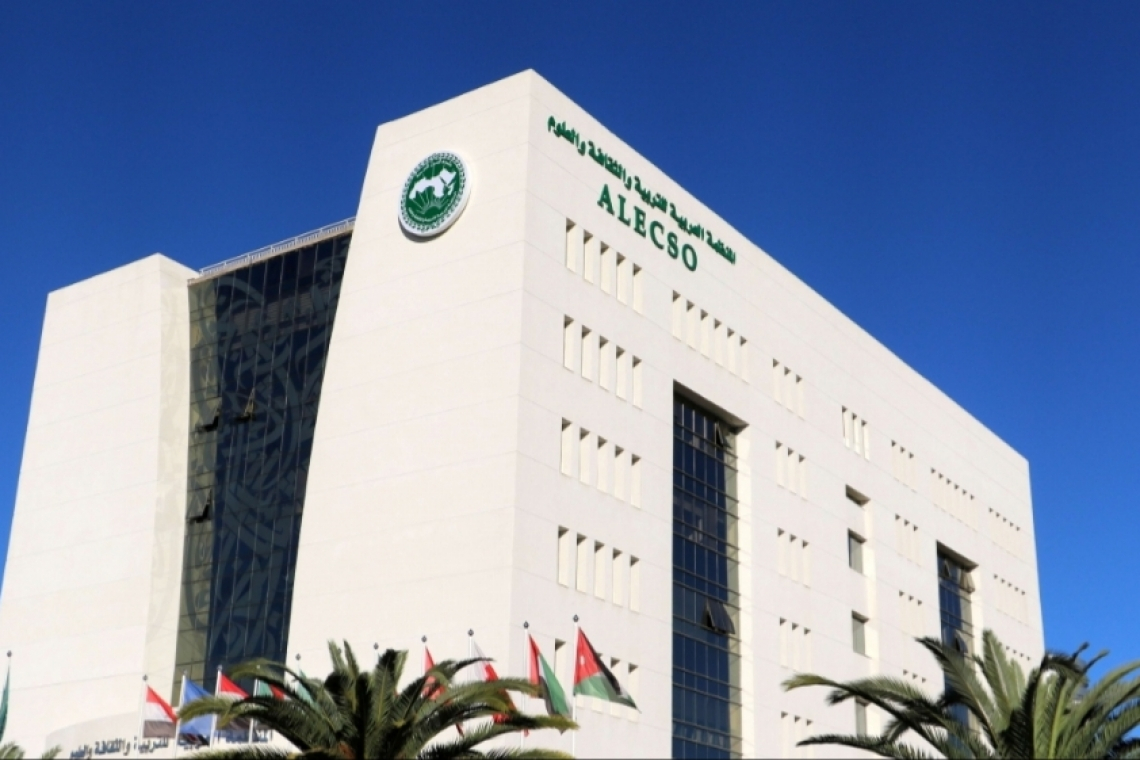Under the theme “Lifelong Learning: From Literacy to Life Skills,” the Arab League Educational, Cultural and Scientific Organization (ALECSO) took part in the annual celebration of International Literacy Day, organized by the Republic of Tunisia, represented by the Ministry of Social Affairs and the National Center for Adult Education.
This celebration aligns with global efforts to raise awareness about the importance of education as a means of empowering individuals and promoting sustainability and peace.
International Literacy Day, observed on September 8 of each year, offers a renewed opportunity to remind policymakers, practitioners, and the public at large of the critical importance of literacy in building just, peaceful, sustainable, and knowledge-based societies. International reports indicate a significant decline in global illiteracy rates, down from 43% in 1980 to 9% in 2024.
Delivering ALECSO’s statement on this occasion, Dr. Rami Iskander, Director of Education, conveyed the greetings of H.E. Dr. Mohamed Ould Amar, Director-General of ALECSO. He expressed appreciation for the efforts invested by Arab countries to combat illiteracy, and commended the spirit of cooperation among national, regional, and international institutions in this regard.
Dr. Iskander emphasized the importance of the Arab Decade for Literacy and Adult Education in unifying relevant Arab efforts and promoting lifelong learning. He noted that the renewal of this initiative for an additional ten years reflects a strong Arab commitment to pursuing the fight against illiteracy and ensuring the sustainability of educational programs.
Dr. Iskander stressed that the future of education in the Arab region requires a comprehensive strategic vision that involves :
- Linking literacy and adult education programs to the knowledge-based economy and labor market demands;
- Integrating digital technology into education curricula to develop 21st century skills;
- Adopting precise indicators to monitor progress and evaluate program impact;
- Strengthening partnerships among the public and private sectors and civil society to expand learning opportunities, especially for vulnerable groups;
- Entrenching the culture of lifelong learning and connecting education to practical and adaptability skills in an ever-changing world.
Dr. Iskander reaffirmed that literacy remains a fundamental right and a means to achieve social, economic, and cultural integration. It is a key pillar in building the Arab individual and empowering him to actively contribute to society’s development.



